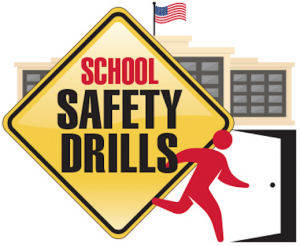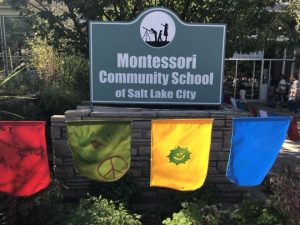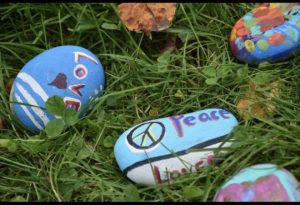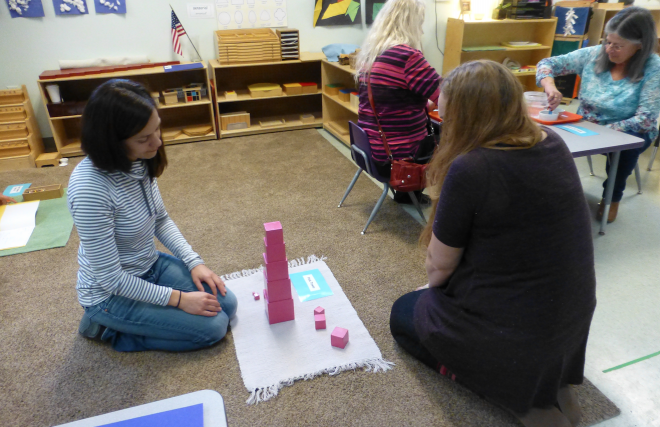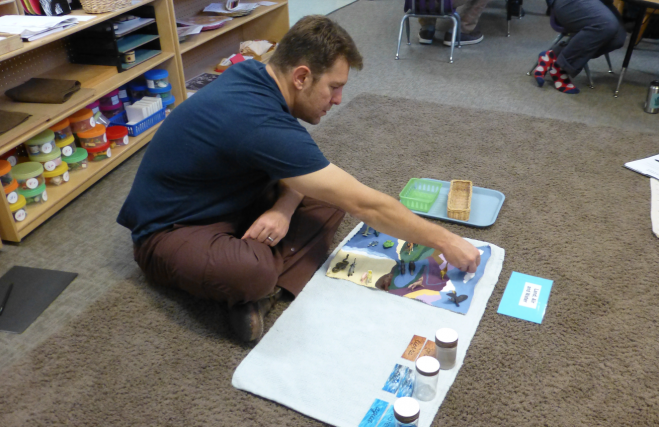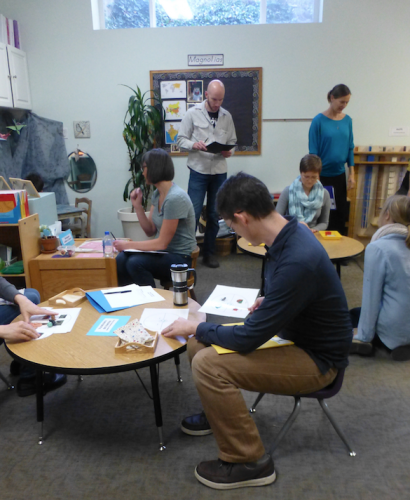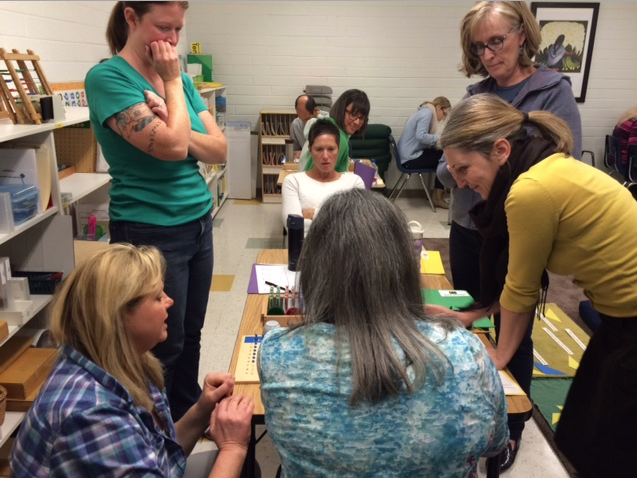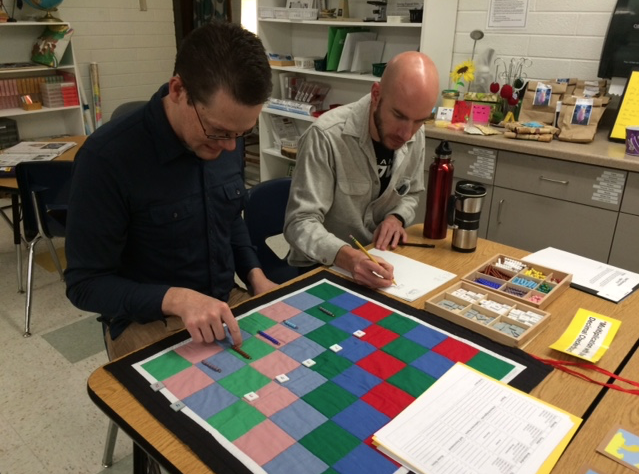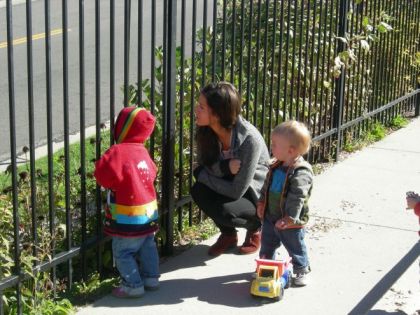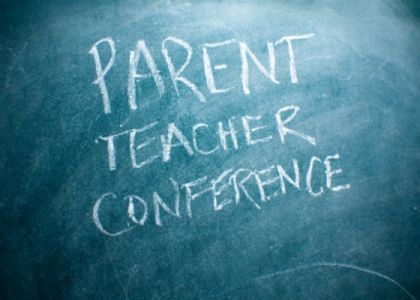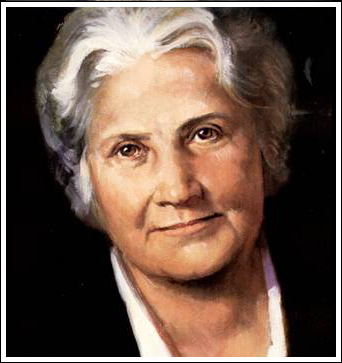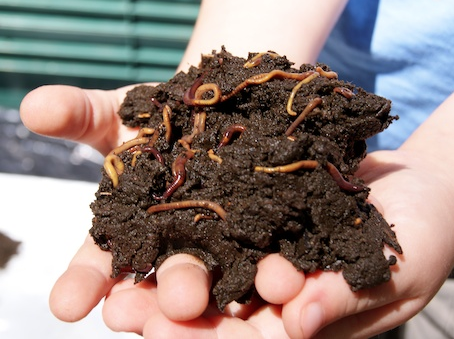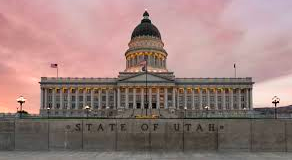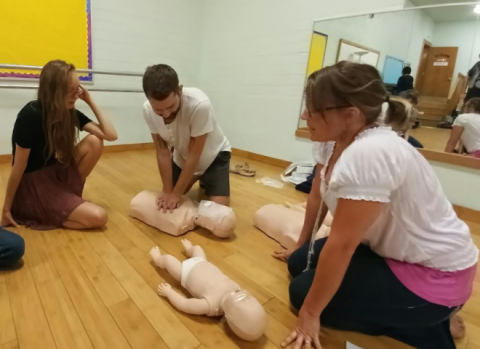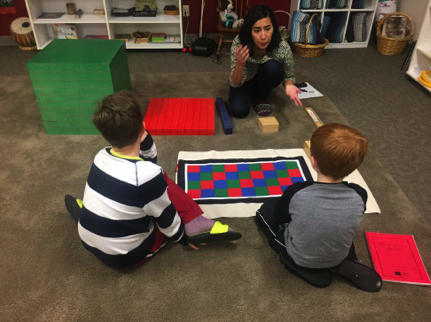The MCS Silent Journey and Discovery is an event dedicated to parents to provide the meaningful experience of visiting each of our programs, from Toddlers through Upper Elementary. We invite you to experience for yourself the magic of the Montessori materials and discover how the lessons learned in our early programs set the tone and lay an important foundation to prepare students for higher academics and critical thinking skills in the upper programs. This is a wonderful opportunity to gain a sense of how the Montessori Curriculum unfolds through the eyes of a child to guide and nurture the natural unfolding of the whole child to inspire a lifetime love of learning and peace.
Lunch will be served.
Sign up in the office, space is limited.
Wondering what you might get out of attending this year’s Silent Journey and Discovery? Below are some experiences shared by attendees of the past…
We hope you can join us this year!!!
Julie Kiefer, MCS parent
“I just wanted to thank you again for the wonderful silent journey and discovery on Saturday. When I originally chose Montessori for Luka at age 3, I read the book Understanding Montessori, but this was the first chance I’ve had to personally work with Montessori materials. Everything I saw on Saturday validated my choice for Luka’s education and in particular my choice of Montessori Community School. The environments are beautiful and so well-prepared and the teachers are well spoken advocates and role models for little people. Bravo!”
Karna Sacchi
“Our little girl started this October in one of the Toddler classes. We felt and understood how this would be a good environment for our daughter–we saw a difference in her after only a week! The only thing to say after experiencing Silent Journey is we THOUGHT we understood how good of an environment this is for our daughter. The progression through the classrooms and the works is absolutely brilliant. There is no way we would want anything different for our precious little girl. The system set in place is orderly, focusing on progression, growth, and learning pertaining to independence, reading, math, social skills, morals, ethics, and problem solving. We noticed how ‘hands on’ and multi faceted every work is designed to engage the children on their level with their own learning abilities and processes.
We were also so impressed with the educators- the individual time, care, and attention they put into their students. They truly know and understand each individual child they work with.
We discovered how the works build. The one that stuck out to us the most was the math. Starting early with dimensions, and stacking blocks moving toward cubes and counting- and onto multiplying enormous numbers by using a mat and beads- Absolutely incredible.
Math was a subject I struggled with and I can remember the exact time (2nd grade) when I got left behind. We had to pass off times tables with the teacher in front of the whole class. I was too shy and embarrassed to perform those simple times tables in front of the class for fear of getting them wrong or not being able to have them memorized the way all the other kids seemed to be able to do. I struggled the rest of my life with the ominous subject. During Silent Journey, when I reached Lower Elementary, I got it. I actually got a little emotional watching and doing the hands on mathematics. Both my husband and I just kept saying that we wished we would have had this type of learning environment available to us as kids.
We know the school is expensive; however, we walked away from Silent Journey thinking it is worth every penny and we would pay it twice over to have our children here. In our minds, there is no other way that can hone in on every aspect of learning for each individual child and still be able to provide loving, passionate, engaging teachers to foster a child’s learning and progression. Thank you so much for this amazing opportunity and for this incredible school. You really do ‘get it’ here. “
Anonymous
“The Silent Journey and Discovery was a very emotional and powerful experience for me. I did not attend a Montessori school as a child so I am only familiar with the Montessori philosophy through what I have read and observed in the last two years. It gave me a great appreciation and understanding of the different developmental levels of the works. I loved seeing the progression and advancement of the works through Toddler, Early Childhood and up through Middle School. The grammar and math works were thrilling to learn and experience. The focus on the sensorial aspects of each work creates a love of learning. In addition to receiving an amazing education the students are also learning how to be independent, respectful and loving human beings. I think every MCS parent should participate in the Silent Journey and Discovery to really understand and appreciate the experience and education we are giving our children. I know that it made me realize that I will do everything in my power to continue my daughter’s Montessori education.”
Tonia Hashimoto
“Having not grown up in a Montessori environment, it has been difficult for me to understand what exactly a day in the life of my Montessori students is like. I try to take in as much as I can at pick-up and drop-off, with the occasional visit and guided lesson by my children, but there is no way to fully understand without an experience like the Silent Journey and Discovery. It was an eye-opening voyage that I would recommend for every parent, and prospective parent. I want to do it again.
Going through a classroom from each cycle really makes the whole Montessori experience come full circle from seeing how the Toddlers get their first understanding of space and shape, to Early Childhood and their practical life lessons, to Lower Elementary and their grammar materials which encourage socialization, to the Upper Elementary complex math problems, to a Middle School student-led Socratic discussion. We only saw the tip of the iceberg, but the hands-on learning experience helped personify the school life of our children. I was struck by the thoughtful organization of each room; how comfortable and serene a small space can feel.
I also enjoyed the roundtable discussion following our classroom journeys. We were able to get some insight from teachers, staff, students and other parents. Because Montessori isn’t the “traditional” schooling for kids in our country, there are obvious concerns and hesitations with going outside the “norm”. Many of my concerns were put to ease and I feel my children are on the correct path for them at this time. I appreciated the book recommendations and feel they will help in understanding the Montessori Method and perhaps assist me with decisions for my family down the road.
My kids have been at MCS for three/four years now and I feel like I have finally been able to look beyond the curtain of their daily journey, something that every parent should see and experience. Now, when my kids and I have our chats at the end of the day, I can ask even more detailed questions and have a bit more understanding as to how their day went. That is priceless.
Thanks again to all who helped facilitate the Silent Journey and Discovery.”
Carrie Christensen
“I think it should be mandatory that every parent go through silent journey! Even though Aria has been here for 7 years, Azur 3 years, and I have taught art on and off during all of that time, I never really got it as I did Saturday. Suddenly, all that I had read about Montessori or observed in the classrooms made sense. It builds on itself in a beautiful way as the student moves from one phase to another. I loved seeing how things made sense in a concrete way and then transitioned towards abstraction. I’m so honored to provide my children with this opportunity.”
Kindra Fehr

